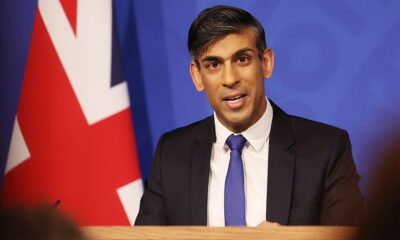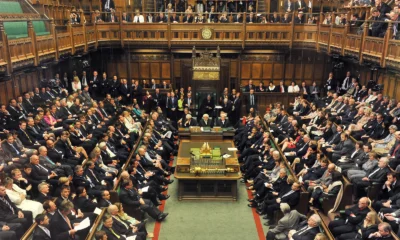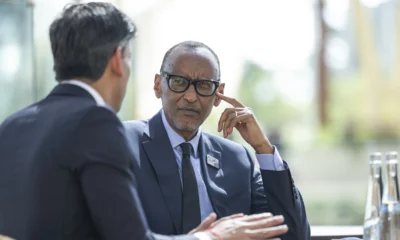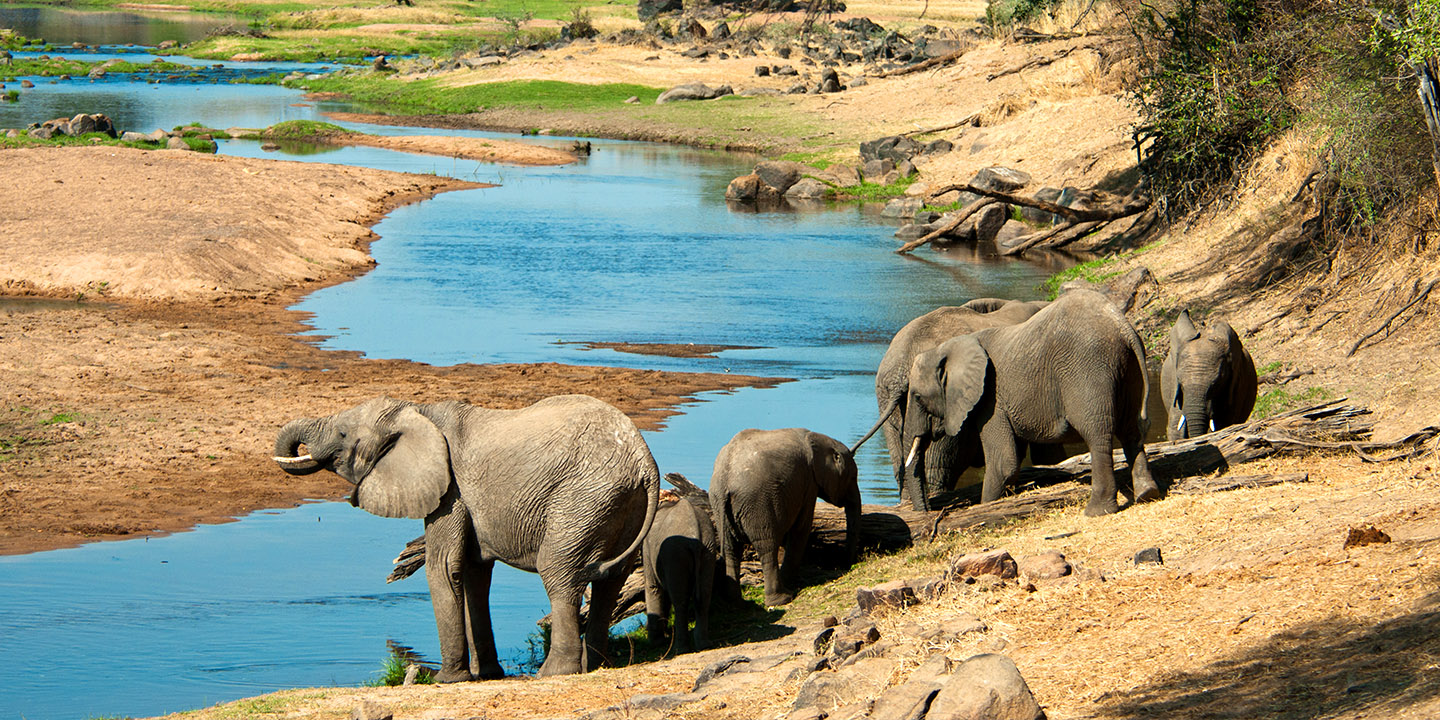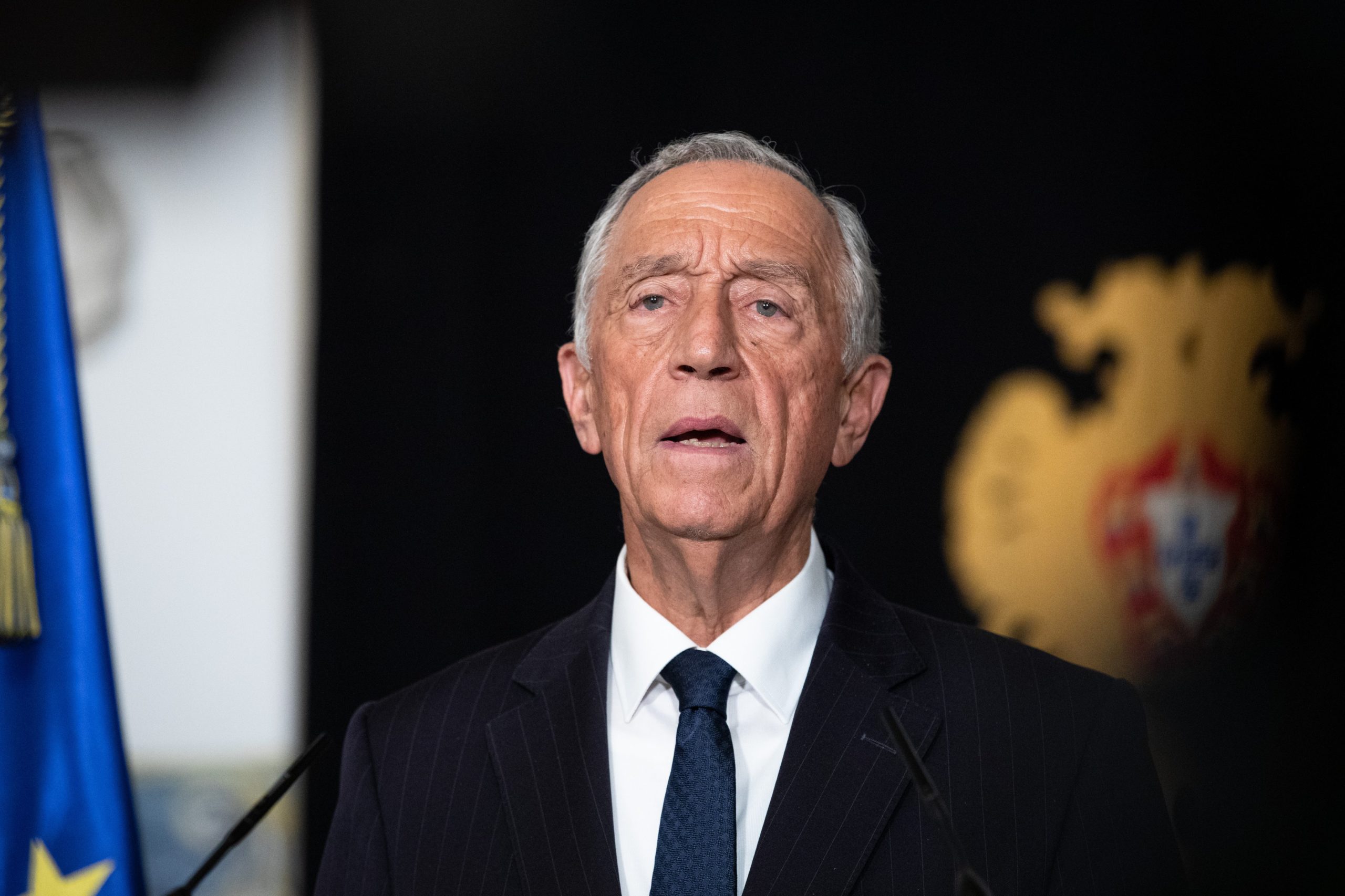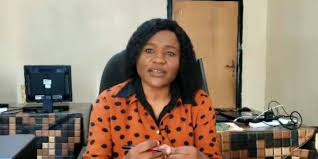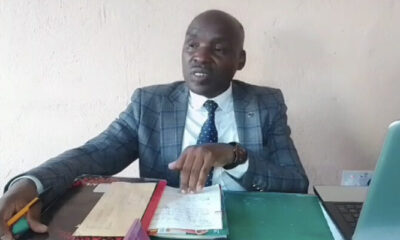UK’s Prince Charles has slammed the British government over its plans to deport asylum seekers to Rwanda, describing the move by Prime Minister Boris Johnson as appalling.
The heir to the British throne who is not allowed to publicly criticise the government by law, is reportedly concerned that the controversial asylum agreement the UK entered into with the African country will overshadow a Commonwealth Summit in Rwanda where he is due to represent his mother, Queen Elizabeth, at the end of June.
Under the UK’s unwritten constitution, the royal family should remain politically neutral and while Queen Elizabeth has steadfastly kept her opinions to herself during her seven-decade reign, Prince Charles, however, has in many instances, expressed his views about subjects close to his heart.
As the first flight which is scheduled to leave UK on Tuesday with about 30 migrants confirmed after a judge rejected lawsuits filed in attempts to halt the deport bid, Prince Charles is said to have been heard criticising the policy.
“He said he was more than disappointed at the policy. He said he thinks the government’s whole approach is appalling. It was clear he was not impressed with the government’s direction of travel,” a palace source revealed to a journalist.
A spokesperson for Prince Charles did not also deny he had expressed his personal opinions about the policy in private when contacted by the journalist.
“We would not comment on supposed anonymous private conversations with the Prince except to restate that he remains politically neutral. Matters of policy are decisions for government,” the spokesperson reportedly said.
The British government had announced in April it had struck a deal worth £120 million with Rwanda to send tens of thousands of asylum seekers to the East African country in a bid to undermine people-smuggling networks.
Up to 130 asylum seekers have been notified they could be sent to Rwanda and lawyers for almost 100 of the migrants had submitted legal challenges asking to stay in the UK.
On Friday, a British judge, Jonathan Swift, refused a request from a group of the asylum-seekers, backed by a trade union and refugee groups, for an injunction grounding the flight scheduled to airlift 30 of the migrants to Rwanda on Tuesday, June 14.
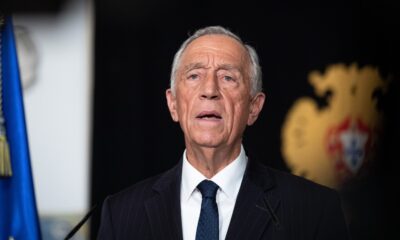
 Musings From Abroad1 day ago
Musings From Abroad1 day ago
 Culture2 days ago
Culture2 days ago
 Tech21 hours ago
Tech21 hours ago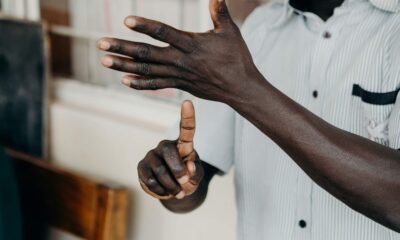
 Metro2 days ago
Metro2 days ago

